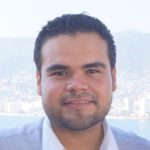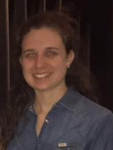Welcome to LASID, a vibrant and inclusive international society. This is the home of all professionals dedicated to the field of Primary Immunodeficiencies aiming to develop and perfect the education, scientific research, and health care within this medical specialty.
LASID started in 1993 as the Latin American Group of Primary Immunodeficiencies (LAGID), and evolved to a society in 2009. The LASID Registry program started in 2009 and currently includes over 6200 patients from 108 document centers in 14 countries in the Americas. This progress is a consequence of the educational programs, awareness campaigns, scientific congresses, and cooperation with sister societies and patients associations.
LASID holds a Fellowship Program for young professionals in training; a bi-annual Summer School Program targeting 40 fellows, 12 faculty members, and additional 80 observers; and a bi-annual constantly growing international congress. Our last edition in Argentina, in November 2015, included over 1200 attendees, half of them from several countries of the Americas and Europe, making it a strong international forum for Primary Immunodeficiencies.
LASID recently elected five committees: Education, Registry, Membership, Communications, and Juniors, the future of our society. These committees are composed by active and motivated professionals, strongly committed to the field of Primary Immunodeficiencies and to the development of LASID. Our society is inclusive and was developed by the volunteer and passionate work of its members, making this structure opened for all members willing to participate in LASID activities.
LASID membership is also constantly expanding. The input and participation of our members is the strength of our society.
Mission
Our mission comprises the following: To increase awareness in Primary Immunodeficiency Diseases (PIDD) at all levels all over the continent, to develop diagnostic capabilities to reach as many as possible patients and to favour the development of centers providing appropriate treatments for PIDD patients.
Awareness of PIDD involves:
- Public awareness campaigns and physician education.
- Lobbying and advocating with policy makers.
- Local and continental educational programs.
- Developing an effective and productive patient registry.
- Collaboration with partner societies.
The development of diagnostic capabilities includes:
- Training qualified professionals within participating centers and abroad.
- Increasing early diagnosis in the región. (NBS)
- Collaborative efforts with partner societies, patient organizations and foundations.
- Collaboration among active diagnostic centers in the region.
Promoting the development of treatment capabilities and facilities accessible to patients are also part of the LASID mission including:
- Collaboration with the pharmaceutical industry to promote, advocate and deliver appropriate and affordable treatment continent wide.
- Learning from already existing strategies in the continent and providing advice to those involved in patient care.
- Lobbying and advocating with policy makers.
- Development of guidelines and policies to improve clinical care of patients.
You are all invited to take part of this mission and goals. LASID offers a unique possibility to contribute to the improvement of the life of patients and families in a large part of the world. Join and share your enthusiasm for these noble causes with many other like-minded friends.
History
In 1993, a group of immunologists from: Argentina, Brazil, Chile and Colombia, decided to form the Latin American Group for Primary Immunodeficiency Diseases (LAGID). Important goals of this organization were to include other Latin American countries and to create registries of primary immunodeficiency diseases (PID) in each participating country. The first results of this effort were published by eight countries in 1998.
After more than fifteen years since the creation of LAGID and its PID registry, many of the objectives set forth by this group have been accomplished. The group has grown from the initial four to a total of 14 countries with a wide population range. Scientific meetings with case presentations and discussions with international guest speakers have been held annually. During these meetings, participating members have had the opportunity to report and discuss their registries. Educational programs and national scientific meetings with pediatricians have improved the early recognition and treatment of some of these diseases. Cooperation with scientists in countries with well established immunology and molecular biology laboratories has helped other countries with limited resources, in the diagnosis of PID. Titular
LAGID also led to the development of patient and parent support groups and to the creation of a Web Site to keep members informed of important events and to discuss diagnosis and treatment options for patients with PID.
After twelve yearly meetings in six different countries, two joint publications and multiple courses, conferences and collaborative efforts, it was time to follow the lead of the European Society for Immunodeficiencies (ESID) and become a Society. Again, the birth of LASID occurred in Santiago, Chile in August of 2009 after a very long gestation with government agencies and the establishment of a legal Foundation.
Finally, LASID came into existence in October of the same year in Cartagena, Colombia where the first LASID Meeting was held with members, friends, trainees, patients and parent organizations and industry sponsors.
Past meetings:
- Mexico City 2011
- Santiago de Chile 2013
- Buenos Aires, Argentina 2015
- Sao Paulo, Brasil 2017
- Cancún, México 2019
Central Directive
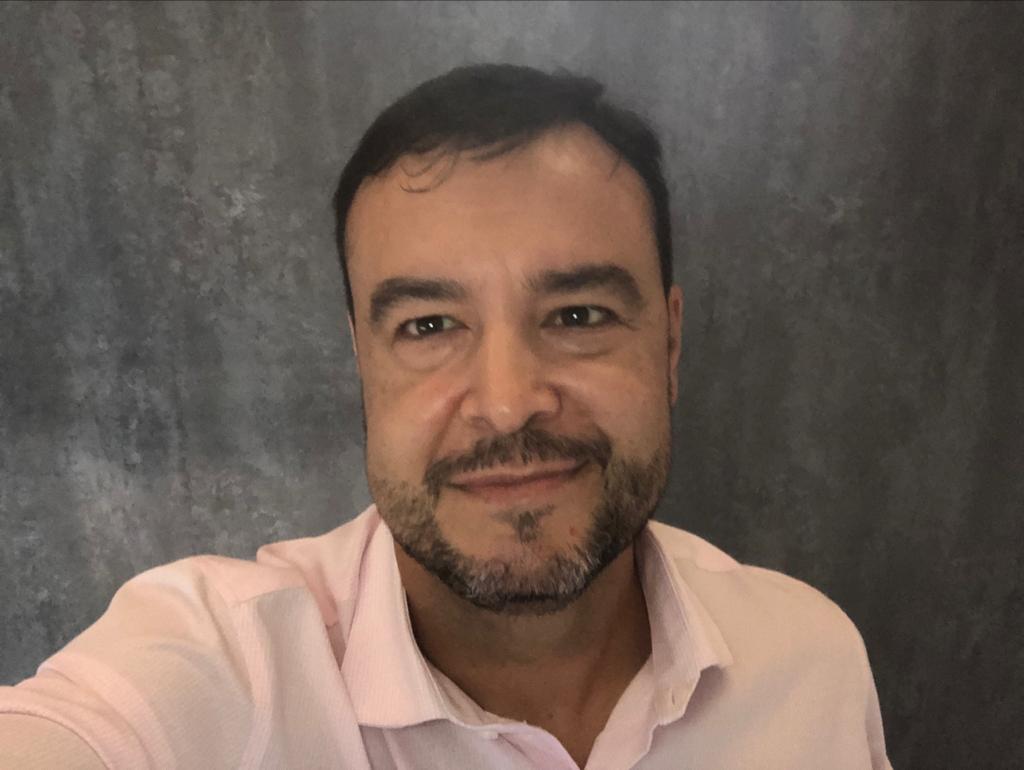
Gesmar Rodrigues Silva Segundo
President
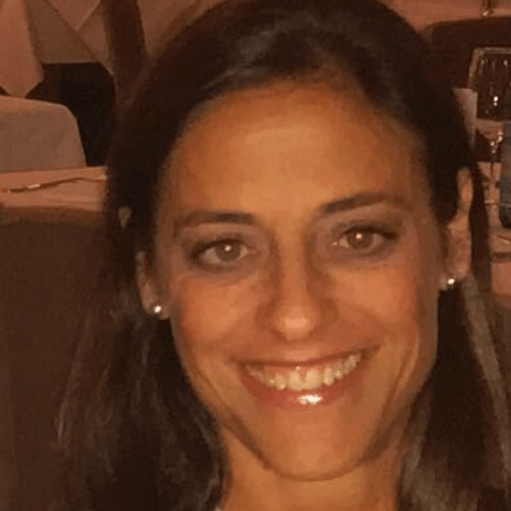
Lorena Regairaz
Vicepresident
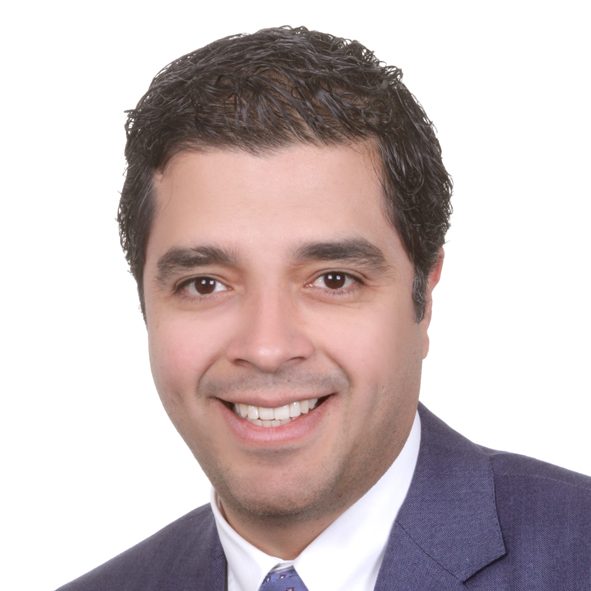
Aristóteles Álvarez
Secretary
Committees 2022
The participation of our associates is essential for the construction of a more inclusive society and focused on our needs. The committees are fundamental pillars for the functioning of LASID. First, we would like to thank all those who registered. As we did not have several applicants greater than the number of vacancies, the board chose not to carry out the vote. Therefore, we would like to welcome the members of our committees and wish them a 2022 full of joy and many activities for our society.
Educational Committee
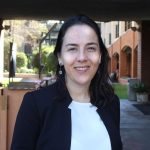
Cecilia Poli
Head
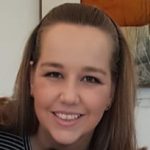
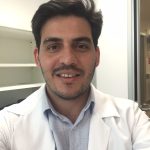
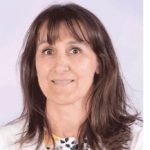

Communications and Social Media Committee
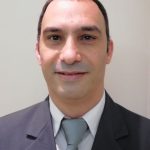
Eli Mansour
Head
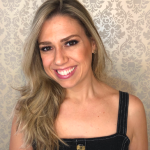
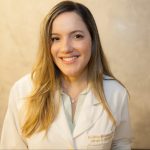
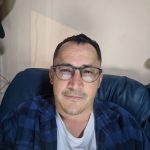
Registry Committee

Anete Grumach
Head
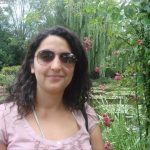
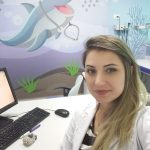
Membership Committee


Juniors Committee
